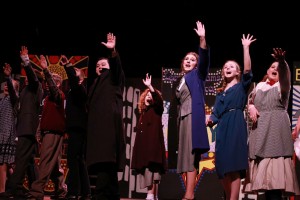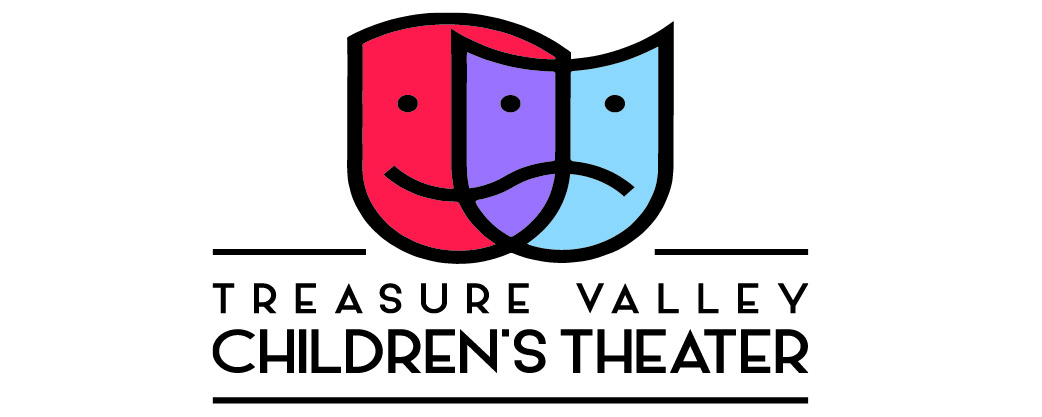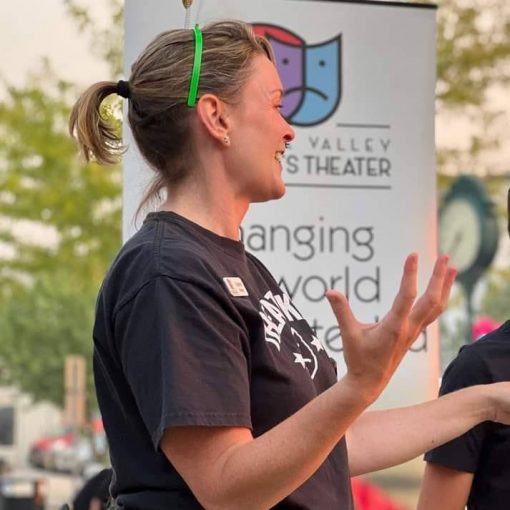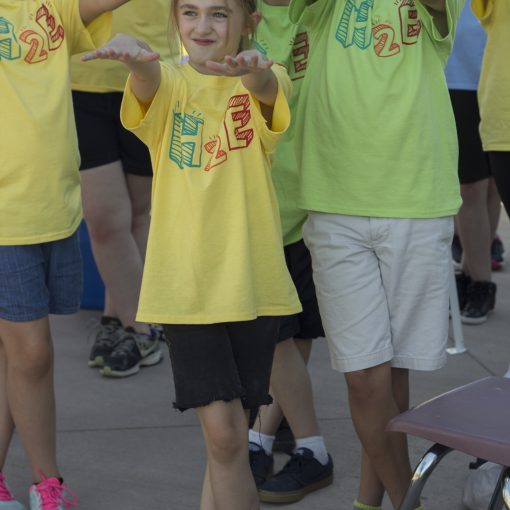I’ve been thinking a lot about outcomes. Our teaching team at TVCT is committed to improvement in all of our processes. We’ve been discussing our values, role as arts educators, and how we evaluate student success. These conversations have raised a few questions…
In the summer of 2012 I conducted an informal survey of 100 parents asking what they would consider to be the most important outcome of their child’s theater education with TVCT. The survey results concluded that a performance outcome was the most important experience they wanted their child to have – and we’ve made a commitment to offer performance experiences for our students.

However, I feel that if we put all of our emphasis on a performance outcome, we miss the REAL opportunities to educate the actor and the child. We are, after all, a training organization that believes theater arts play a powerful role in shaping future leaders. Let me explain through an example; when we play a game of “Zip Zap Zop” (or “Yee Haw” or “Yes” or other group circle games), we’re developing actor skills such as projection, enunciation, concentration, listening, working through high-pressure moments, managing disappointment and relying on others to complete a task. These happen to be skills most adults need to succeed.
Another example of the pre-performance education that happens in a TVCT training program is the development of creative problem solving and working as a team to resolve a challenge. Group work like sculptures, statues, guided movement and group skits help develop these skills – skills that, incidentally, are important to the business and tech sectors.
And, of course, we are always working on communication, public speaking, reading comprehension and emotional intelligence. These skills aren’t measurable in performance, but they sure are in class activities!

A performance may place a student on stage and give them experiences that directly impact their development as an actor – but those experiences don’t always lend themselves to the development of life-long skills the way in-class work can.
Our teaching team is still committed to providing performance opportunities for our young students, but not at the sacrifice of the important skills we learn in the classroom.
I’ve also been thinking a lot about audience expectations. Is it reasonable to expect a flawless final performance with just 10-15 hours of class/rehearsal time?
As a student of the theater (I did my first play when I was 4 years old), I’m very aware of the time and commitment required to produce great work. And we have a solid history of presenting really fantastic shows with young actors! Our youth stage productions like “Annie, Jr.” and “Into the Woods, Jr.” and our upcoming production of “Aladdin, Jr.” take more than 50 hours of hard work to get our young performers to deliver the type of performances we expect. And we don’t just cast the “most talented” kids. We’ve made a commitment to diversify casts with an equal percentage of those with and those without experience because the outcomes that matter most to us are the life skills students learn through the play production process.
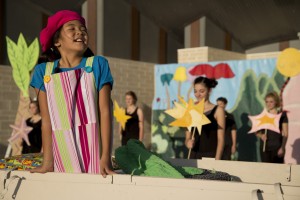
Performance is a great way to learn – but it isn’t the only outcome we should be focused on. HOW they learn. WHO is teaching them. And WHAT skills are they gaining that will serve them in life… these are expectations we should get behind – let performance be the icing on the cake.
